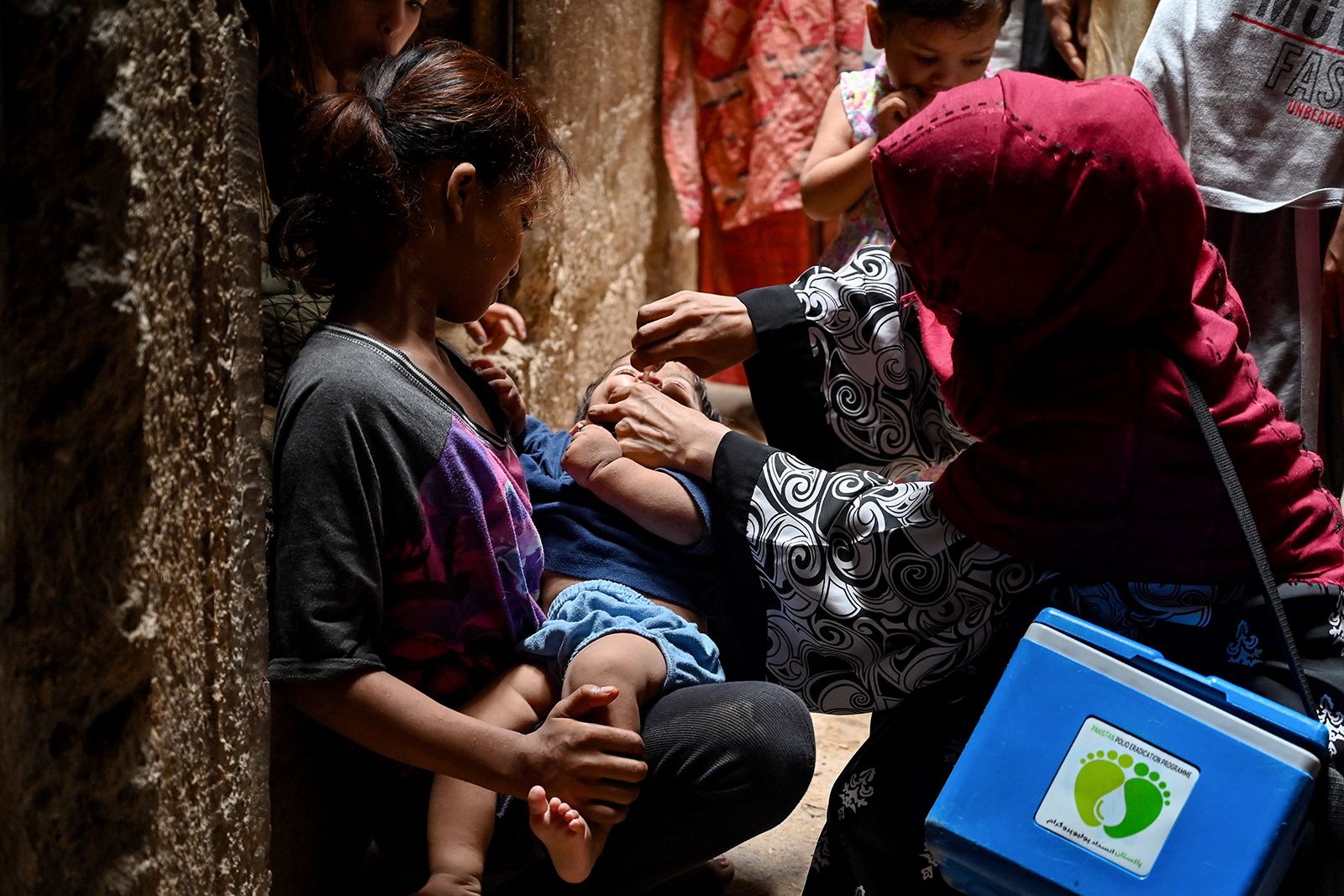Efforts to eradicate polio have spanned nearly four decades, targeting a highly infectious virus that primarily affects young children. Despite notable progress, experts say the fight is not over — with persistent transmission of the wild polio virus continuing in Pakistan and Afghanistan due to challenges in vaccination campaigns.
Officials point to major achievements: more than three billion children immunised and an estimated 20 million people spared paralysis. Yet, they also acknowledge that both Pakistan and Afghanistan remain hotspots for the virus.
Dr. Jamal Ahmed, Director of Polio Eradication at the World Health Organisation (WHO), defended the programme’s performance in those countries, highlighting how health workers have adapted strategies to tackle resistance in specific communities.
However, Dr. Tom Frieden, a member of an independent monitoring board overseeing global eradication efforts, noted that several factors continue to hamper progress.
“Whether they are security challenges or the lack of any healthcare or social services in some communities that have had it for a long time, or the polio programme itself that has gone through some ups and downs and doesn’t necessarily have the kind of tight management needed,” he said.

Critics of the polio eradication campaigns led by WHO and the Global Polio Eradication Initiative argue that mismanagement and reliance on outdated methods have stalled progress. Some insiders blame what they describe as an unwavering commitment to a flawed strategy and continued use of a problematic oral vaccine.
Though the oral vaccine remains both safe and effective, it includes a live virus that, in rare cases, can cause paralysis. In even rarer situations, the virus may mutate and trigger outbreaks in under-immunised areas with weak vaccine coverage.
Outside of Afghanistan and Pakistan, the majority of polio cases now stem from vaccine-derived strains. Since 2021, several hundred such cases have been reported annually, with at least 98 recorded this year alone.
“In Africa, we have vaccine-derived polio that has really reverted to be more like what we call wild type polio and is causing the same paralysis that other polio causes,” said Dr. Frieden.
Most health experts now agree that the oral vaccine should be phased out as quickly as possible. The alternative is a safer injectable vaccine that does not use a live virus and therefore eliminates the risk of vaccine-derived outbreaks.
“That is now being rolled out across Africa and has less risk of resulting in vaccine-derived polio,” Dr. Frieden noted. “If vaccination programmes are done with high quality, you don’t get vaccine-derived polio, it’s only when the vaccines aren’t well used, when they have such a low coverage, that that can happen.”
Polio eradication remains one of the most expensive public health initiatives in history, and concerns are mounting that funding gaps could lead to a resurgence in countries once considered polio-free.


 Trending
Trending 